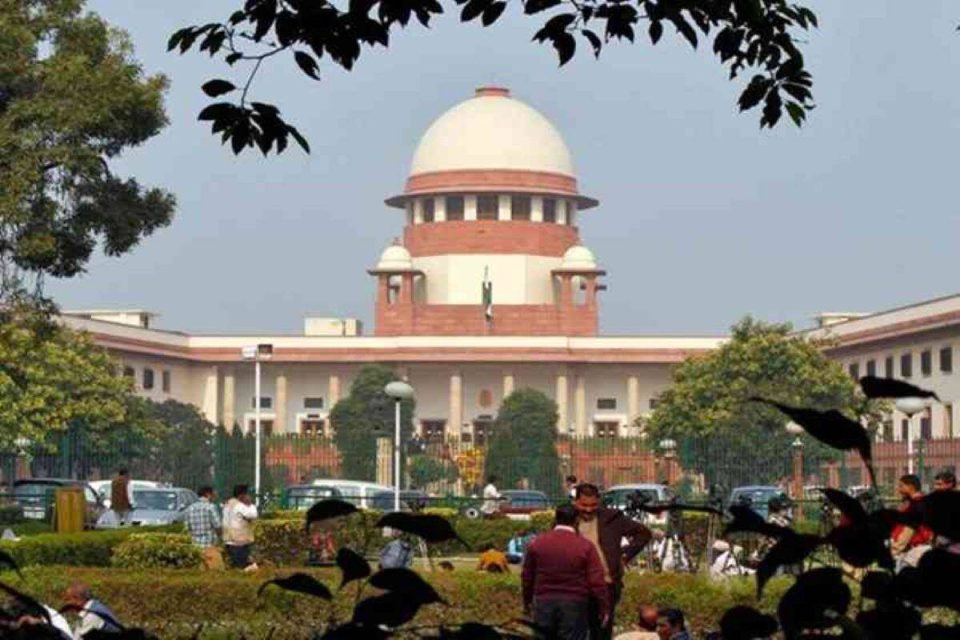The Supreme Court on May 11 asked the Central government and states to stop registering sedition cases under Section 124A of the IPC until further orders are given. The Supreme Court, led by Chief Justice NV Ramana, said the administration would likely continue to reconsider and revisit the sedition law.
The court suspended all due proceedings required by law. The court said that those already in jail on IPC Section 124A charges could apply to the relevant court for bail. “It is appropriate to suspend this provision,” the bench said today. The court is passing an interim order on a petition challenging the validity of the sedition law.
In light of the decision to reconsider the law, the government has urged the court to postpone the hearing on the petition. It has filed an affidavit with the Supreme Court saying it intends to revisit the law in light of ongoing work to shed the “colonial baggage” of the outdated law. “The process has begun,” India’s deputy attorney general, Tushar Mehta, told the court on May 10.
The petitioners in the case objected to the government’s request to delay the trial and urged the court to suspend the current sedition law. The petitioners, led by senior lawyer Kapil Sibal, expressed concerns about pending cases under Section 124A and the continued use of the section to register new cases. Petitioners argued in court that those charged under the sedition laws already in jail also needed protection.
The court has sought the government’s position on the issue, given the need to protect the accused under existing sedition law. Today, the court noted the government’s position and, in its order, mentioned that the government acknowledged that “the strictness of Section 124A is outdated and directed at countries under the colonial rule”. In its ruling, the court also referred to the opinion of India’s attorney general on abuse of the law.
The sedition rhetoric gained weight after several petitions were filed with the Supreme Court challenging the law’s constitutional validity. Some of these petitions were filed by journalists who were personally harmed by the law after being charged with the law. In July 2021, the Supreme Court issued a plea notice and agreed to hear the matter.
Earlier this year, the government’s position was that the validity of Article 124A of the IPC was upheld in a 1962 Constitution Bench decision in the past. Therefore, this issue does not need to be reconsidered.
In contrast, the government filed another affidavit with the court within days, saying the government would re-examine the law in the appropriate forum and that the court would not need to take the time to decide cases on the merits.
The petitioner argues that the court cannot be asked not to decide a case because the executive branch is considering the issue. While courts have allowed the government to re-examine the law, the Supreme Court case is not yet closed. The court will review whether further action is required in due course.







